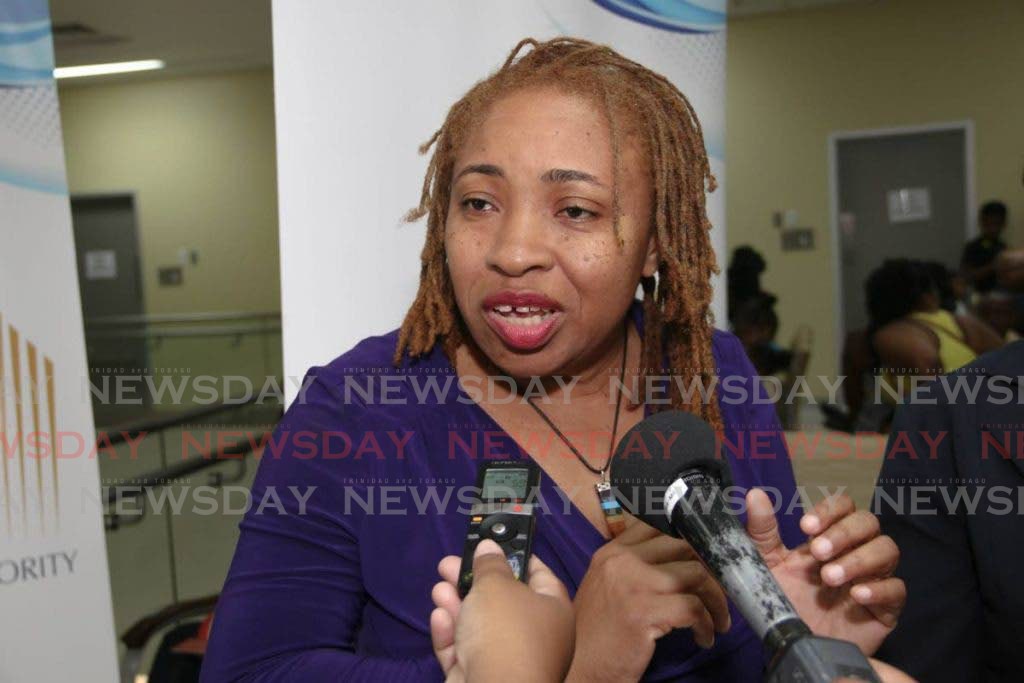Paediatric Emergency head: Vaccination stopped Mis-C cases in adolescents

Head of the Paediatric Emergency Department, Eric Williams Medical Sciences Complex Dr Joanne Paul, said since the beginning of the vaccination programme for children 12-17 in September, there have been no cases of covid19-related Multisystem Inflammatory Syndrome in Children (Mis-C) in that age group.
Speaking at the Health Ministry’s media conference on Wednesday, Paula said there had been 65 confirmed Mis-C cases since March 2020.
“Significantly since September this year when we started the vaccination programme for adolescents, we have had no Mis-C cases in that age group. So the vaccination has actually stopped the Mis-C cases in that age group, 12-17 years old.
"This is really exciting for me."
She said the four children who have died from covid19 in TT so far all have had separate pre-existing medical illnesses that made them vulnerable to covid19.
“Two were seven years old, one was 13 and one was 15. We’ve had on average 320 paediatric admissions to all of the parallel health facilities in Trinidad and Tobago in total.
"They usually fall into three categories – we’ve had the babies, less than three months old, usually admitted with sepsis or an infection in their blood. Since they’re small their immune system is immature and covid19 suppresses their immune system and makes them prone to have bacteria and sepsis in their blood, especially the premature ones.”
She said the next category was adolescents with pre-existing medical conditions, such as cardiac conditions, obesity, renal conditions, sickle cell, diabetes, and congenital disorders, all of which made them vulnerable to covid19.
She said the third category included those who had been asymptomatic with covid19 but have had something else, like a fracture of their arm etc, and they had to be seen because they were covid19 positive.
“In terms of the presentation, they usually present with those four organ systems where the receptors are. So they may come to us with brain issues. So they may have seizures, behave a bit strangely, irritated, drowsy, not sure what they’re doing.
"With the heart, they may have irregular or fast heart rates. With the bowel they’ll have diarrhoea. So those are usually the three systems and a little bit less with respiratory, unlike adults. The last one is where they present with sepsis or septic shock.”
Paul said, for children under six months old, the best thing parents could do to protect them against covid19 was to breastfeed as long as possible, especially if the parents were vaccinated. She said parents could monitor children older than that for the symptoms she’d mentioned, especially if they had been exposed to covid19.
She urged that children over 12 be vaccinated. She said most of the children who tested positive for covid19 got it from their families rather than at school.
Paul reminded that people who were vaccinated shed less of the virus when infected and were therefore less likely to infect those around them.

Comments
"Paediatric Emergency head: Vaccination stopped Mis-C cases in adolescents"